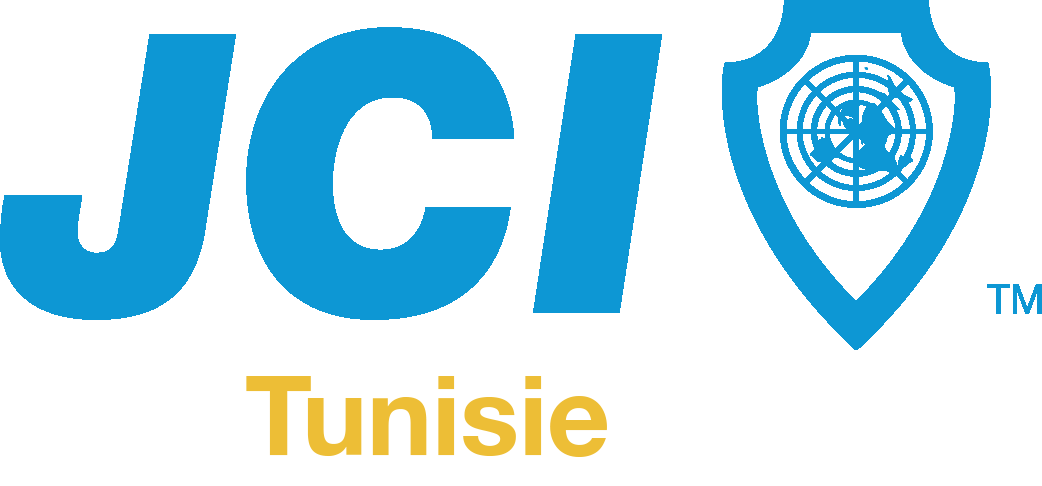What’s Holding Back What’s Holding Back The Buy German A1 Certificate Industry?
Understanding the German A1 Certificate: A Comprehensive Guide to Purchase and Preparation
In a period of globalization and intercultural exchange, the German language has become among the most popular languages in the world, especially in Europe. For individuals intending to enhance their expert credentials, study in Germany, or simply participate in significant travel experiences, acquiring a German A1 Certificate has become a valuable undertaking. This short article clarifies what the A1 certificate entails, its benefits, the buying procedure, and essential preparation ideas.
What is the German A1 Certificate?
The German A1 Certificate is a main assessment that suggests a student’s standard understanding of the German language. It is the first level of the Common European Framework of Reference for Languages (CEFR), which classifies language efficiency throughout 6 levels: A1, A2, B1, Goethe Zertifikat B2 kaufen, C1, and C2.
Attaining an A1 Certification demonstrates that the individual can:
- Understand and utilize basic daily expressions and expressions.
- Introduce themselves and others.
- Ask and address questions about personal information like where they live, individuals they know, and things they have.
- Communicate in a simple way, provided the other person talks slowly and clearly.
Benefits of Acquiring a German A1 Certificate
An A1 certificate can be helpful for a number of factors:
-
Entry Requirement for Further Learning: Obtaining the A1 certificate is typically the primary step towards pursuing greater levels of German efficiency (A2, B1, etc).
-
Work Opportunities: Many companies in German-speaking nations look for candidates with a fundamental understanding of the language, making the A1 certificate a strong asset.
-
Cultural Integration: Learning the basics of the language facilitates smoother interaction with native speakers, which can boost cultural understanding and social combination.
-
Taking a trip: For tourists, knowing fundamental German can considerably improve the experience, making communication simpler and more satisfying.
How to Buy a German A1 Certificate
Buying a German A1 certificate does not imply buying an official file without taking an exam. Genuine certificates need to be made through authorized screening centers. Here are the steps one generally follows to acquire a German A1 certificate legally:
-
Research Authorized Testing Centers: Look for organizations certified by the Goethe Zertifikat B2 kaufen goethe certificate – Stephens.Cc –Institut, telc zertifikat überprüfen (The European Language Certificates), or other recognized language companies.
-
Register for the Exam: Once an appropriate testing center is recognized, candidates can sign up for the exam. Registration normally involves completing an application form and paying an evaluation cost.
-
Get ready for the Exam: Candidates ought to designate adequate time for preparation. There are different resources– online classes, textbooks, and language apps– that can assist in studying.

-
Take the Full Exam: A1 examinations usually consist of 4 components: listening understanding, reading comprehension, composed expression, and oral expression. Prospects need to demonstrate proficiency in all these locations.
-
Receive Your Results: After taking the exam, prospects will receive their outcomes and, upon passing, will be issued the A1 certificate.
Preparation Tips for the German A1 Exam
Getting ready for the German A1 exam can be both fun and reliable with the best technique. Here are some tips to assist candidates prepare:
-
Enroll in a German Language Course: Whether online or in-person, formal courses offer structured knowing and expert assistance.
-
Make Use Of Language Apps: Applications like Duolingo, Babbel, and Rosetta Stone are popular tools for interactive, on-the-go language practice.
-
Practice Speaking: Engage with native speakers or join language exchange groups. Speaking practice is important for developing fluency.
-
Study Vocabulary and Grammar: Focus on basic vocabulary covering greetings, numbers, directions, and daily things, as well as essential grammatical guidelines.
-
Listen and Watch German Media: Consuming German content such as music, podcasts, and movies can enhance listening skills and familiarize learners with the language’s rhythm and pronunciation.
Frequently asked questions about the German A1 Certificate
Q1: How long does it take to get ready for the A1 exam?A1 preparation time can vary based on specific knowing speeds, however typically, 80 to 100 hours of study can be adequate for standard proficiency.
Q2: What is the expense of the A1 exam?The expense differs based on the testing institution and place however typically ranges from EUR100 to EUR200. Q3: How long is the A1 certificate valid?The A1 certificate does not end, as it reflects your language efficiency at a specific point in time. However, more knowing and accreditation are encouraged for profession advancements. Q4: Can I take the A1 exam online?Some screening centers provide online evaluations for A1 accreditation, while others require in-person presence. Contact the particular institution for information. Q5: What occurs if I stop working the A1 exam?If a prospect does not pass the exam, they can generally retake it after a waiting duration. It’s suggested to examine
the locations that require improvement before reattempting. Obtaining a German A1 certificate can open numerous doors, whether for travel, work, or even more education. While the choice to « buy »a certificate without evaluation might appear attractive, authentic acquisition through study and screening guarantees the private possesses the essential language skills. With devotion, assistance, and preparation, candidates can successfully navigate the path to accomplishing their German A1 certification, leading the way for innovative language knowing and enriching experiences in German-speaking environments.
